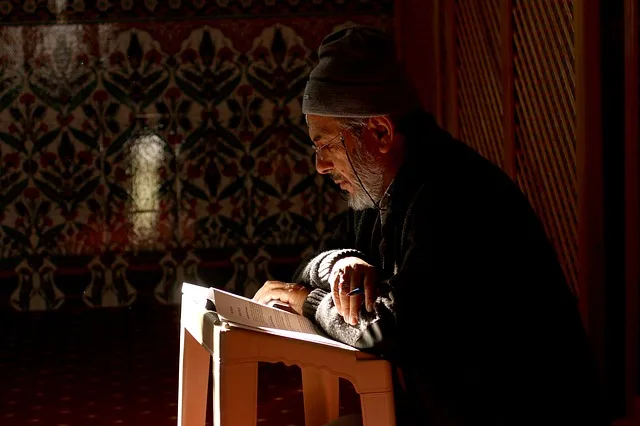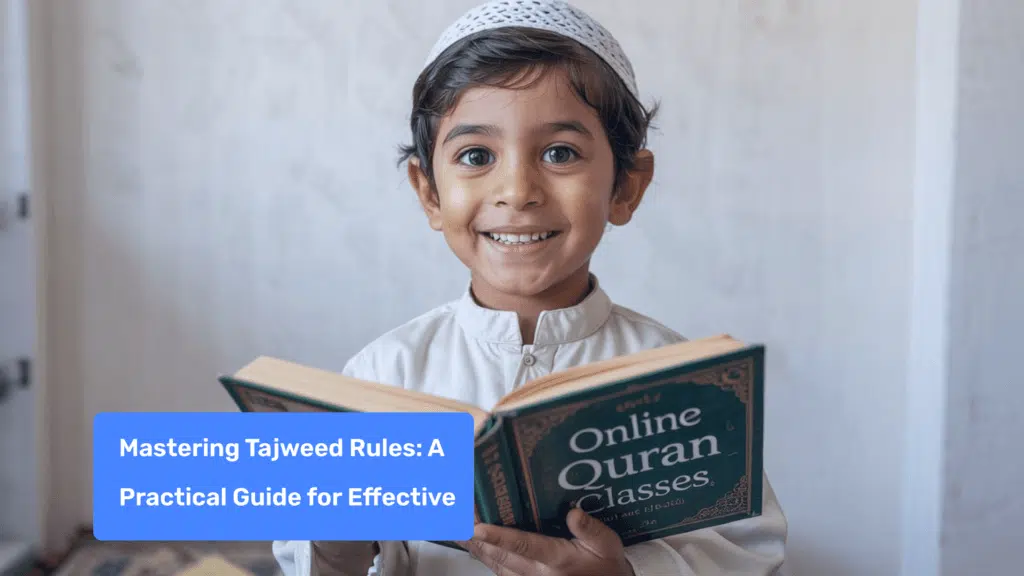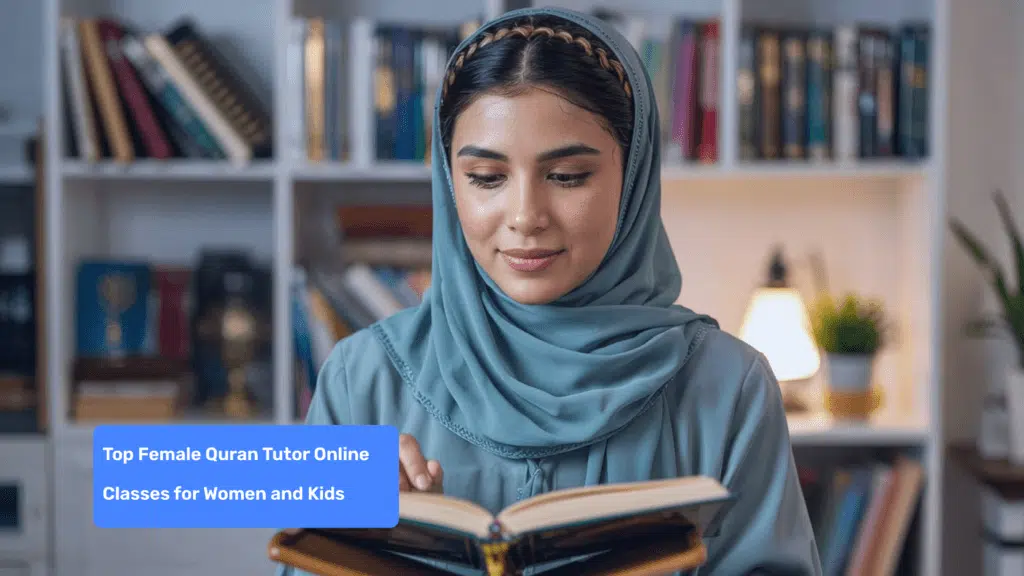Ramadan is the most sacred month in the Islamic lunar calendar, celebrated with deep religious and spiritual significance by Muslim communities around the world. It is a time of fasting, prayer, reflection, and community bonding. Fasting during this holy month is both a religious duty and a personal journey of self-discipline and devotion. But why do Muslims fast during Ramadan? Let’s explore this important tradition.
What is Ramadan?
Ramadan is the ninth month of the Islamic calendar, lasting 29 or 30 days, depending on the sighting of the crescent moon. Muslims observe this month with Ramadan fasting from dawn to sunset, along with increased worship and good deeds. It is believed that during Ramadan, the gates of heaven are opened, the gates of hell are closed, and the devils are chained. This signals a period of spiritual renewal, where Muslims focus on improving their devotion to God and building better character.
Throughout Ramadan, Muslims engage in extra prayers, Quran recitation, and charitable giving. The goal is to cleanse the soul, detach from the distractions of life, and refocus on God. The practice of fasting helps foster self-control, empathy, and spiritual discipline.
Why Do Muslims Fast During Ramadan?
Fasting during Ramadan is one of the Five Pillars of Islam, along with Shahada (profession of faith), Salah (prayer), Zakat (almsgiving), and Hajj (pilgrimage). These pillars are the foundation of Islamic religious life, and Ramadan fasting is a way for Muslims to demonstrate their faith and obedience to God.
The main purpose of fasting is to develop taqwa (God-consciousness). By abstaining from food, drink, smoking, and sexual relations during daylight hours, Muslims are reminded of their human limitations and their dependence on God. Fasting also encourages self-restraint and empathy for others, as Muslims reflect on the lives of those less fortunate and strive to purify their souls by leaving behind bad deeds like lying and gossiping.
In addition, fasting creates a sense of unity among Muslims worldwide, as everyone is going through the same spiritual and physical journey. It’s a time for communal prayers and breaking the fast with family and friends, known as iftar.
How Does Fasting Work?
During Ramadan, Muslims fast every day from Fajr (pre-dawn) to Maghrib (sunset). The fast starts with a pre-dawn meal called suhoor, and it is broken with iftar, traditionally beginning with dates and water as practiced by Prophet Muhammad ﷺ. During the fast, Muslims abstain from all food and drink, as well as from smoking and sexual relations. The fast is not just physical; it is also about spiritual discipline, where Muslims focus on worship, prayer, and self-reflection.
After breaking the fast at sunset, the Maghrib (evening prayer) is performed, followed by a larger meal. Many Muslims attend special nightly prayers called Tarawih, which are held after the Isha (night prayer), adding to the spiritual atmosphere of the month.
Exemptions from Fasting
While fasting is obligatory for all adult Muslims, there are exemptions for certain groups. For example, those who are ill, traveling, pregnant, breastfeeding, or menstruating women can break their fast and make up for the missed days later. Muslim scholars also permit those who are too elderly or permanently ill to fast to instead give food to a poor person for each missed day. This ensures that everyone can participate in the spiritual rewards of Ramadan.
Cultural and Social Traditions
Ramadan is a time of both spiritual and social activity. In many countries, such as in the Middle East, markets and Ramadan shoppers prepare for iftar, and the nights are filled with celebrations and gatherings. In places like Egypt, Ramadan tents are set up for iftar and entertainment, bringing communities together with food, music, and Ramadan songs. Families often decorate their homes with lights and Ramadan-themed items.
Muslims around the world greet each other with phrases like “Ramadan Kareem” (generous Ramadan) or “Ramadan Mubarak” (blessed Ramadan) to wish each other well during this special time. In addition, non-Muslims are encouraged to be respectful by not eating or drinking in front of those who are fasting and offering greetings like “Eid Mubarak” at the end of Ramadan.
The Islamic Calendar and Ramadan
The Islamic calendar is based on the lunar calendar, meaning that each month begins with the sighting of the new moon. As a result, Ramadan shifts earlier by about 10-12 days each year according to the Gregorian calendar. This also means that Muslim communities around the world may begin fasting on slightly different days depending on local moon sightings. Despite these variations, the core practices and spirit of Ramadan are observed globally by Muslims.
Eid al-Fitr: Celebrating the End of Ramadan
At the end of Ramadan, Muslims celebrate Eid al-Fitr, also known as the festival of breaking the fast. This joyous occasion marks the conclusion of the fasting period, with a focus on gratitude and community. The date of Eid al-Fitr is determined by the sighting of the new moon, similar to how Ramadan begins. Eid al-Fitr is one of the two major Islamic holidays, the other being Eid al-Adha.
On Eid al-Fitr, Muslims participate in communal prayers, exchange gifts, and enjoy festive meals with family and friends. An important part of this celebration is the giving of Zakat al-Fitr, a charitable donation that ensures that even those in need can participate in the holiday.
Conclusion
Ramadan is a time of profound spiritual discipline and renewal. Muslims fast during Ramadan to grow closer to God, build self-restraint, and deepen their awareness of the needs of others. It is not just about abstaining from food and drink, but about purifying the soul, increasing good deeds, and fostering community ties. Through prayer, reflection, and fasting, Muslims strive to live a more virtuous and faithful life.
As Ramadan ends with Eid al-Fitr, Muslims reflect on their spiritual journey and the lessons learned during this blessed month. Whether through communal prayers, charitable giving, or spending time with loved ones, the spirit of Ramadan is one of gratitude, faith, and unity.













